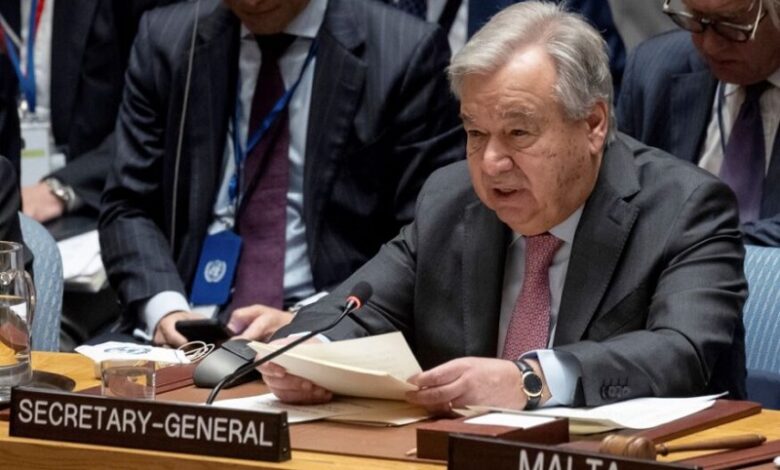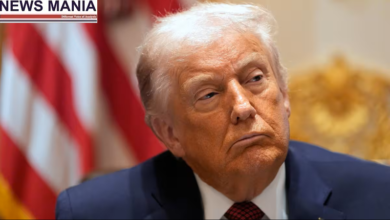UN Chief Calls for Windfall Tax on Fossil Fuel Profits

News Mania Desk/Agnibeena Ghosh/6th June 2024
UN Secretary-General António Guterres, on Wednesday, called for a windfall tax on the profits of fossil fuel companies to fund efforts against global warming, condemning these firms as “godfathers of climate chaos.” Speaking on World Environment Day, Guterres criticized the carbon-intensive industry and urged media and tech companies to cease advertising from major fossil fuel players, similar to actions taken against Big Tobacco.
Guterres’ remarks came as the European Commission’s climate monitoring agency reported the hottest May on record, marking the 12th consecutive month of unprecedented temperatures. The EU’s Copernicus climate change service recorded an average surface air temperature of 15.9°C (60.6°F) last month, 1.52°C higher than the pre-industrial May average. The primary contributor to this rise is the burning of fossil fuels, including oil, gas, and coal.
The UN’s weather agency forecasts an 80% likelihood that global temperatures will surpass the 1.5°C (2.7°F) target set in the 2015 Paris climate accord. The World Meteorological Organization (WMO) projects that from 2024 to 2028, annual global temperatures will range between 1.1°C and 1.9°C higher than pre-industrial levels. There is nearly a 50% chance that average global temperatures during this period could exceed 1.5°C, up from a previous estimate of one-in-three for 2023-2027.
Addressing climate change from the American Museum of Natural History in New York, Guterres sought to refocus attention on climate issues amid distractions from global conflicts and national elections. He reiterated concerns about fossil fuel subsidies, which lower consumer prices but exacerbate global warming. “Climate change is the mother of all stealth taxes,” Guterres said, highlighting that everyday people and vulnerable communities bear the cost while the fossil fuel industry profits from taxpayer-funded subsidies.
To meet the Paris climate targets, Guterres stated that global carbon dioxide emissions must decrease by 9% annually until 2030. However, he noted that temperatures are rising in the wrong direction, having increased by 1°C last year. “We are playing Russian roulette with the planet,” he warned, stressing that humanity holds the power to change course.
Stanford’s Noah Diffenbaugh supported the WMO forecast, emphasizing that extreme heat like that of 2023 should no longer come as a surprise. Guterres called on G20 economies, responsible for about 80% of emissions, to lead climate action. He pointed out that the wealthiest 1% contribute as much as two-thirds of all emissions and cannot remain insulated from climate impacts while others suffer.
Guterres also urged global financial institutions to contribute to climate efforts, suggesting innovative funding sources. He advocated for a carbon price and a tax on fossil fuel profits, stressing the need for a collective effort from all countries and individuals. Critics argue that Guterres’ approach is too alarmist, but many acknowledge his limited power and rely on his moral authority to drive change.
By raising awareness and calling for decisive action, Guterres aims to galvanize global cooperation to combat climate change. He emphasized the importance of ending deforestation and meeting targets for energy efficiency and renewable energy by 2030, underscoring the urgency of the climate crisis.






